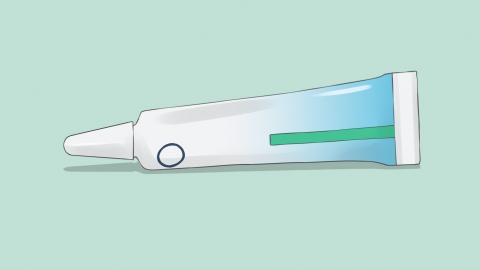What medications are used after anal fistula surgery?
Commonly used medications after anal fistula surgery include anti-infective drugs, pain relievers, topical disinfectants, wound-healing promoters, and laxatives. These should be used according to postoperative recovery conditions and under medical guidance to promote wound healing and symptom relief. If allergic reactions, abnormal bleeding, or worsening symptoms occur after medication, prompt medical attention is recommended.
1. Anti-infective drugs: These include oral or intravenous antibiotics used to prevent bacterial infections that may occur after surgery, such as wound inflammation or pus formation. They must be taken for the full prescribed course; do not adjust the dosage or discontinue treatment prematurely without medical advice.
2. Pain-relieving medications: These are available as oral analgesics or topical pain-relief ointments, which help alleviate postoperative wound pain and sharp discomfort during bowel movements. Proper use can prevent pain from interfering with rest and defecation. Frequency of use should be controlled under a doctor’s guidance.

3. Topical disinfectants: Such as povidone-iodine or potassium permanganate solution, used for cleaning and disinfecting the surgical wound and perianal area to reduce bacterial growth. Apply after daily cleansing to lower infection risk, and pay attention to proper concentration dilution guidelines.
4. Wound-healing promoters: Including topical agents like growth factor gels and hemorrhoid ointments, which nourish wound tissue, stimulate granulation tissue formation, and accelerate wound healing. Apply a thin layer to the cleaned wound after disinfection—avoid thick application to maintain adequate air permeability.
5. Laxatives: Such as lactulose oral solution or polyethylene glycol, which soften stools to reduce friction and tension on the wound during defecation, preventing constipation-related wound tearing and bleeding. Take according to the recommended dosage instructions.
During medication, keep the perianal area dry and clean, and avoid prolonged sitting or standing. Maintain a light, easily digestible diet and avoid spicy or irritating foods. Establish regular bowel habits without delaying defecation, and follow the doctor's instructions for timely dressing changes to ensure optimal effectiveness of the treatment.





